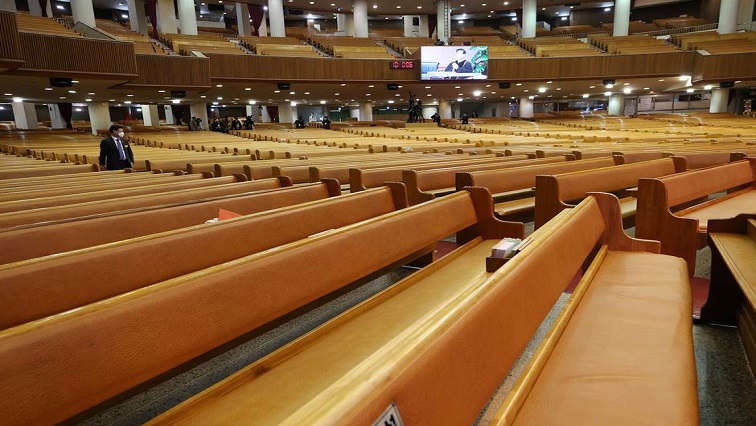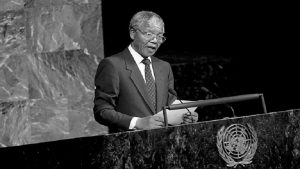Almost a year after the first coronavirus case was recorded in South Africa, clergy are reflecting on the emotional toll of the pandemic. Director of the Jesuit Institute South Africa, Russell Pollitt, says the dangers of the virus, job losses, death of loved ones and many funerals are devastating families.
He says those in distress will often turn to religious leaders for comfort.
The coronavirus has been hard on South Africans from all walks of life. Faith communities have not been spared.
Congregations can’t worship together and many parishioners and their families have died of COVID-19.
Thamo Naidoo, a Johannesburg pastor affiliated with the religious body, The Gate Family, says it’s been difficult for the clergy.
“Religious leaders are in the frontline of a pandemic that can be compared to a war. And religious leaders are undoubtedly the voice and the face and the medium to which families find sanity and support. So the leaders play a role by bringing some stability to the people out there that need it.”
Pollitt says religious leaders know what they signed up for but they too need support.
“They are providing material needs for people. For example one of the priests I know is working at a place that is densely populated, COVID is rife amongst the people. Many people have lost their jobs. He’s in charge of three churches in the area and having the struggle of people who cannot feed themselves because of poverty. And every day he’s dealing with the question of death. So every day is poverty, sickness and death so the question is, who counsels the counselor?”
South Africa has recorded over 1,3 million COVID-19 infections and close to 38 000 deaths. Restrictions have been placed on people’s movements and gatherings, like church services, have been drastically curtailed.
Pollitt says it has put more pressure on the clergy.
“I don’t want to diminish the work of healthcare workers and undertakers. But I think the clergies are very much on the frontline and there’s no time for them to process the things they see every day. If you are dealing with 10 deaths every day there’s no time to process that and it does take a human toll. And there has to be a system in place to support those who are supporting people.”
Pastor Naidoo agrees: “Religious leaders need to be given recognition for the work that they are doing. Not that they are looking for it, but I think that honour will help to encourage them.”
Impact on churches:






